Last year, over 1.5 million people heard the words no one wants to hear: “You have cancer.” While only a small portion of those — about three percent — were diagnosed with oral cancer, their survival rate isn’t as good as with other types of cancers: 58% five years after diagnosis.
Here, then, are some things you should know about this deadly disease.
Oral cancer is an “equal opportunity” disease. People from all walks and stations of life experience oral cancer. The disease has caused the untimely deaths of Ulysses S. Grant, Babe Ruth and George Harrison, one of the original Beatles. However, you don’t have to be prominent or famous to acquire oral cancer: it can strike anyone at any age, especially people 40 years and older.
Oral cancer is difficult to detect early. Oral cancer usually appears as a small, scaly-shaped sore known as a squamous cell carcinoma. Appearing in the lining of the mouth, lips, tongue or back of the throat, the early stages often resemble other benign conditions such as cold or canker sores, so they’re easily overlooked in the early stages. To increase your chances of an early diagnosis, you should see your dentist about any mouth sore that doesn’t heal in two to three weeks; it’s also advisable to undergo a specific oral cancer screening during your regular dental checkups.
Tobacco and heavy alcohol use are strongly linked to oral cancer. Tobacco smokers are five to nine times more likely to develop oral cancer while snuff or chewing tobacco users are roughly four times more likely than non-tobacco users. People who are moderate to heavy drinkers are three to nine times more likely to develop oral cancer than non-drinkers.
You can reduce your risk for oral cancer. Besides quitting tobacco use and moderating your alcohol consumption, there are other things you can do to reduce cancer risk: a nutritious diet rich in fresh fruits and vegetables; limited sun exposure with adequate sunscreen protection and clothing; and safe sexual practices to avoid contracting Human Papilloma Virus (HPV16), strongly linked to oral cancer. And above all, practice effective, daily oral hygiene with regular dental cleanings and checkups.
If you would like more information on prevention and treatment of oral cancer, please contact us or schedule an appointment for a consultation. You can also learn more about this topic by reading the Dear Doctor magazine article “Oral Cancer.”
Gentle Dentistry, PA
173 TERRACE STREET
HAWORTH, NJ 07641
John Amoratis
felt very comfortable from entering the office until the time I left. Friendly staff, the Dr. was extremely informative and receptive to questions and concerns that i had. He explained that there are alternatives to the way certain procedures have been performed in the past. Looking forward to healthy mouth and great smiles.
Michael Britt
Truly amazing people through and through. Inmaculately kept office, state-of-the-art equiptment & friendly smiles at every turn
Bharat Jhaveri
I'm extremely please with the treatment I got so far


